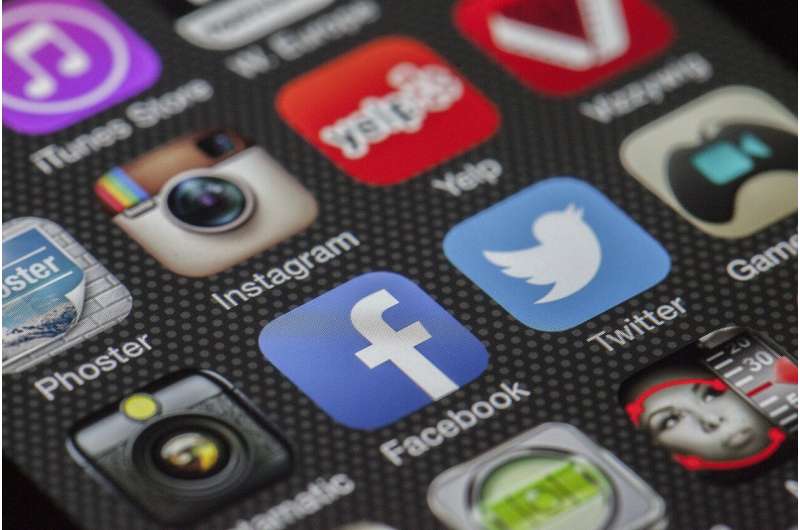How cultural differences affect behavior on social media

Research published in the International Journal of Internet Marketing and Advertising has looked at how cultural differences affect behavior on social media. Myron Guftométros and João Guerreiro Instituto Universitário de Lisboa, in Lisbon, Portugal, focused on what is perhaps the most well-known and well-populated online social network, Facebook. They used an organic approach to assimilate data from 6750 posts from 225 different Facebook brand pages across fifteen different countries.
The team categorized the engagement metrics such as the number of likes, shares and comments and the various versions of "likes" such as love, wow, and funny that can be used to tag an update. They then used Hofstede's cultural dimensions to analyze the data. The team found several interesting differences that could be explained by Hofstede's dimensions. For instance, countries that are considered low in individualism and/or high in power distance, share posts more than commenting on them. They also found that the use of the "funny" or "wow" emoticon responses instead of a standard "like" also related to higher scores on individualism.
Despite the reach of Facebook and other social media systems, globalization and interconnectedness, people still retain and favor their own cultural values in different regions and across different groups within those regions. However, ongoing studies are still needed to discern whether the effects of globalization are blurring cultural distinctions or not particularly in update and commenting activity on social media. The authors write that their work appears to be the first published based on real-world organically gathered data in the form of engagement metrics to analyze cultural differences.
The next step will be to look at cultural differences surrounding smaller, local companies, and also to extend the analysis of metrics to other applications, such as the microblogging site Twitter and the photo- and video-oriented Instagram. The researchers also find that their study poses several more questions that future research might answer: Does "loving" a post instead of "liking" it mean that there is a stronger brand relationship? Also, they ask, does responding with the "funny" or "wow" emoticon mean that customers are more engaged and interested in the posts? Of course, the bigger question is to learn whether these fleeting online sentiments actually reveal anything at all about a user or customer's actual feelings towards a given brand.
More information: Myron Guftométros et al, The effects of cultural differences on social media behaviour, International Journal of Internet Marketing and Advertising (2021). DOI: 10.1504/IJIMA.2021.117561
Provided by Inderscience





















